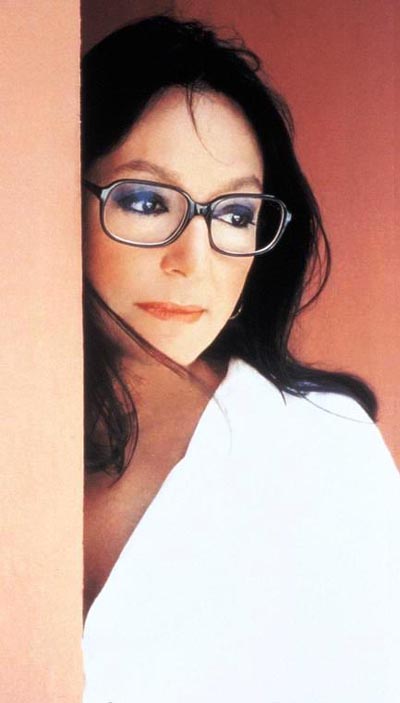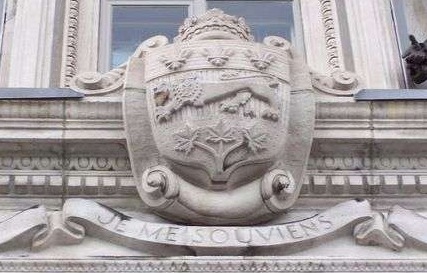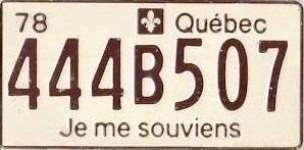Does "Je me souviens" (I remember) mean something for you? If you ask the question to a Nana fan and to a Quebecer, each one will give you a different answer. Here’s the point of vue from a quebecer fan.
A NANA FAN
It’s the first of the 13 songs forming the French album released in 1968. On the cover, there’s a photo of Nana in a medallion. In Canada, her whole name appears. While in Europe, only her first name is indicated. On the back cover of the CD, the song is identified as the album title. This supports the introduction text in which her producer André Chapelle mentions that the song gives a nostalgic touch to the album.
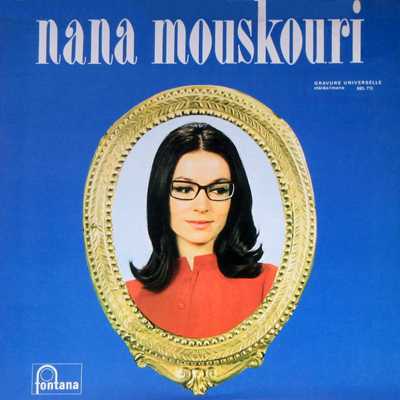
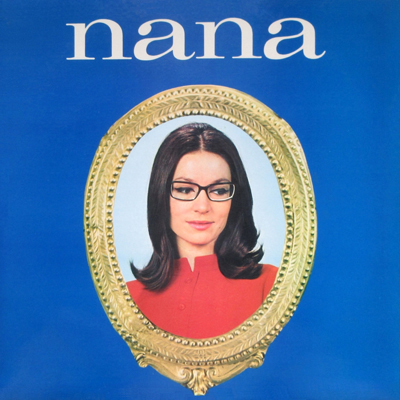
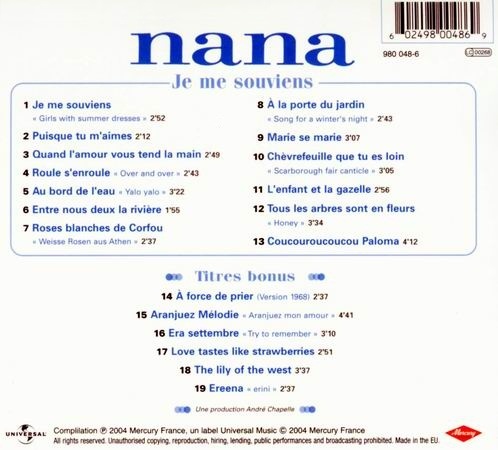
"Je me souviens" is the French version of "Girls with summer dresses" that Harry Belafonte recorded a couple of years before. It’s not the kind of commercial hit released on singles or included in compilations of successes. Moreover, the chosen musical accompaniment is sober: light percussion, guitars in tandem and intensifying violins. But what a pleasure to hear Nana telling us that as a young girl she proudly wore her white dress! |
|
Je me souviens Je me souviens des dimanches (I remember the Sundays) Je me souviens quand on sortait (I remember when we went out) Je me souviens l'après-midi (I remember during the afternoons) Je me souviens du temps lointain (I remember the far away time) (Jim Friedman / Pierre Delanoë) |
